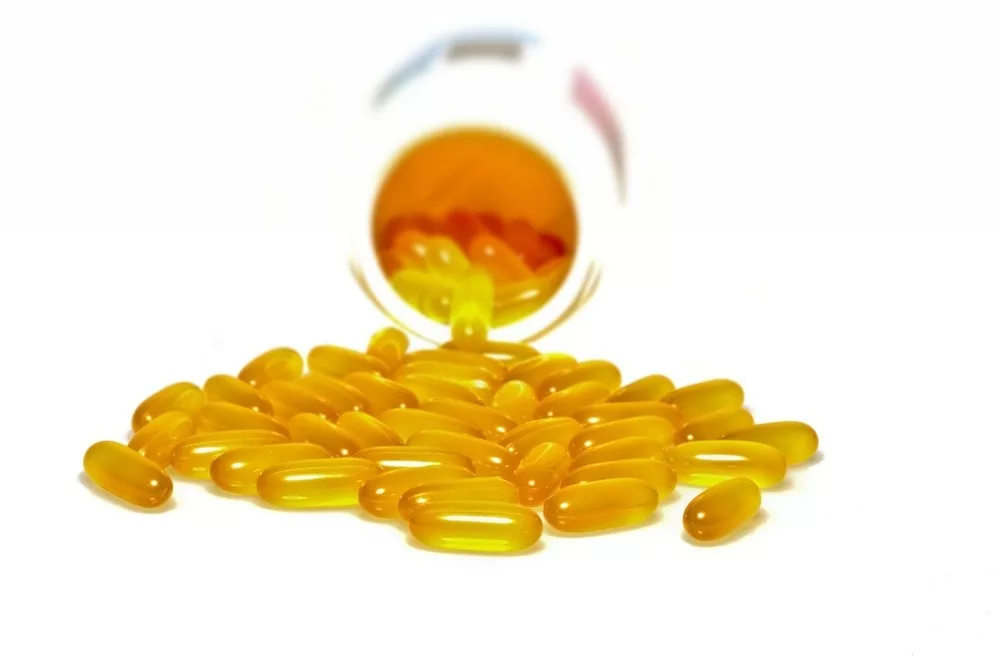The BART Foundation aims to promote better outcomes for brain injury survivors by answering three questions: Which alternative therapies are likely to work, where can they be found, and how can they be afforded? We fulfill our mission by carefully monitoring global research and clinical trial outcomes and sharing that information in user-friendly language with the TBI/ABI community.
Omega 3 oil supplementation is one of the safe alternative therapies that we at the BART Foundation believe may result in better outcomes for brain injury survivors. This recent research article, which appeared in the Neuroscience News and Research section of Technology Networks, investigates the outcomes of fish oil injections in animal studies involving newborn rodents with brain damage due to insufficient oxygen during birth. While much more research is necessary for this application, it’s exciting to see Omega 3 fish oil’s power at healing brain injuries.
As a side note, we’d like to disclose that BART Foundation board member Dr. Michael Lewis has a connection to this work, as the company conducting the research is licensing his patent.
To read the full article, visit the Technology Networks website.

Brain injury due to insufficient oxygen occurs in one to three out of every 1,000 live births in the United States
An injectable emulsion containing two omega-3 fatty acids found in fish oil markedly reduced brain damage in newborn rodents after a disruption in the flow of oxygen to the brain near birth, a study by researchers at Columbia University Vagelos College of Physicians and Surgeons has found.
Brain injury due to insufficient oxygen is a severe complication of labor and delivery that occurs in one to three out of every 1,000 live births in the United States. Among babies who survive, the condition can lead to cerebral palsy, cognitive disability, epilepsy, pulmonary hypertension, and neurodevelopmental conditions.
“Hypoxic brain injury can have devastating, lifelong consequences, and we suggest our novel therapeutic approach using intravenous omega-3 emulsions could markedly reduce these adverse outcomes,” says Richard Deckelbaum, a professor of nutrition and pediatrics and a coordinating author of the study.
The study also found that the novel omega-3 preparation is far more effective in rodents when compared to therapeutic hypothermia, the current standard therapy for this condition and the only one approved by the FDA. This treatment, which involves using cooling blankets for three days, only benefits about 15% of patients and can cause heart and respiratory complications.
Study results
The researchers gave the therapy to week-old mice and rats with hypoxic brain injury. The experimental emulsion reduced brain damage far more than a commercially available omega-3 injectable emulsion (only approved as a nutritional supplement for infants with intravenous nutrition-related liver disease). Doses for both omega-3 preparations were similar.
The experimental emulsion may have worked better than the commercial emulsion because it was absorbed into the animals’ bloodstream two times faster.
The researchers also found that animals treated with the new therapy had normal motor coordination and reflexes—indicators of neurologic function—similar to the animals with no brain injury.
Next steps
The researchers hope to begin clinical trials in newborns within two years and plan to expand studies on the therapy’s effectiveness in preventing damage to the central nervous system in animals with traumatic brain injury and spinal cord injury. Additional studies will explore applications in other acute injuries and conditions in which oxygen deprivation causes organ damage, including heart attack and stroke.
